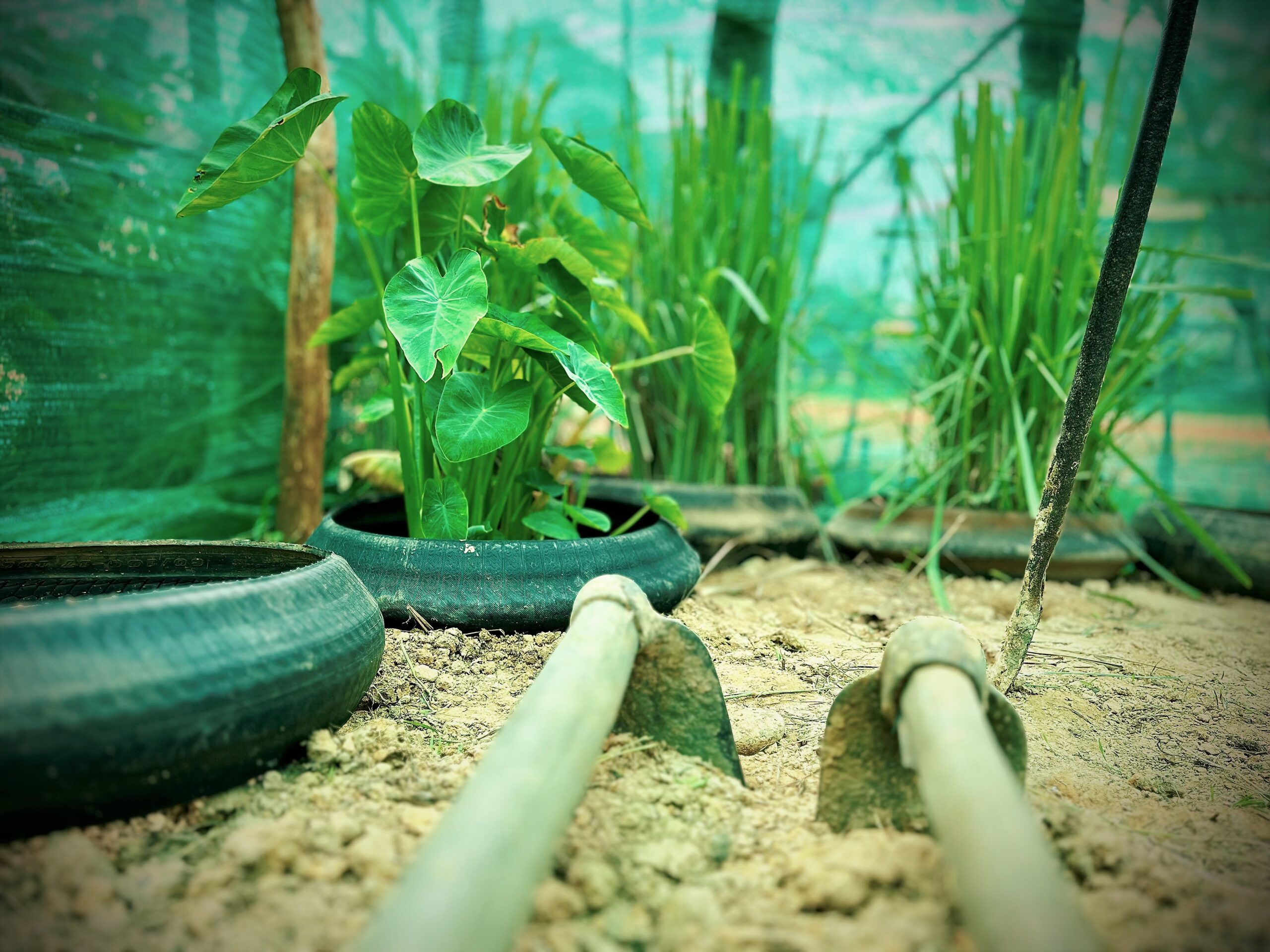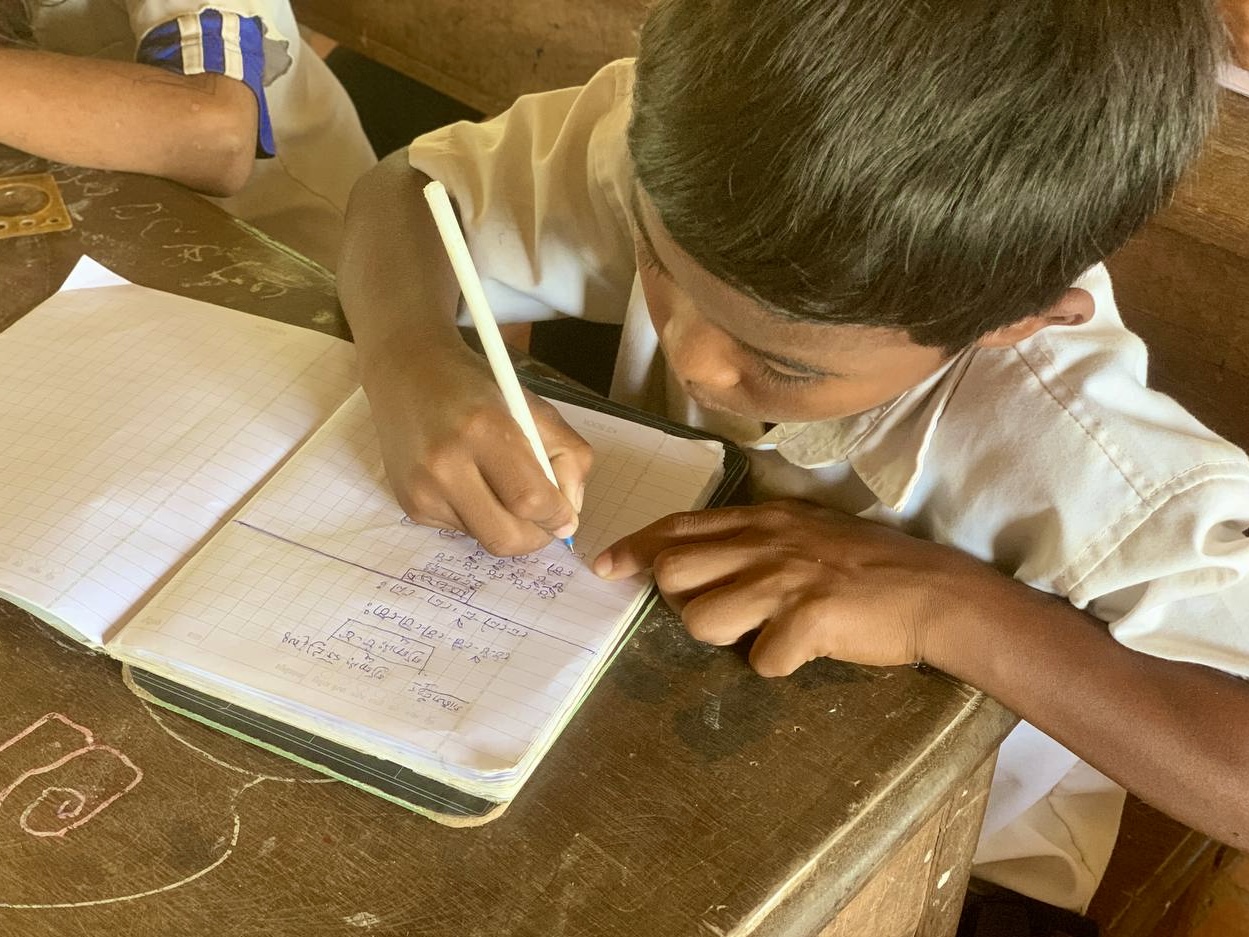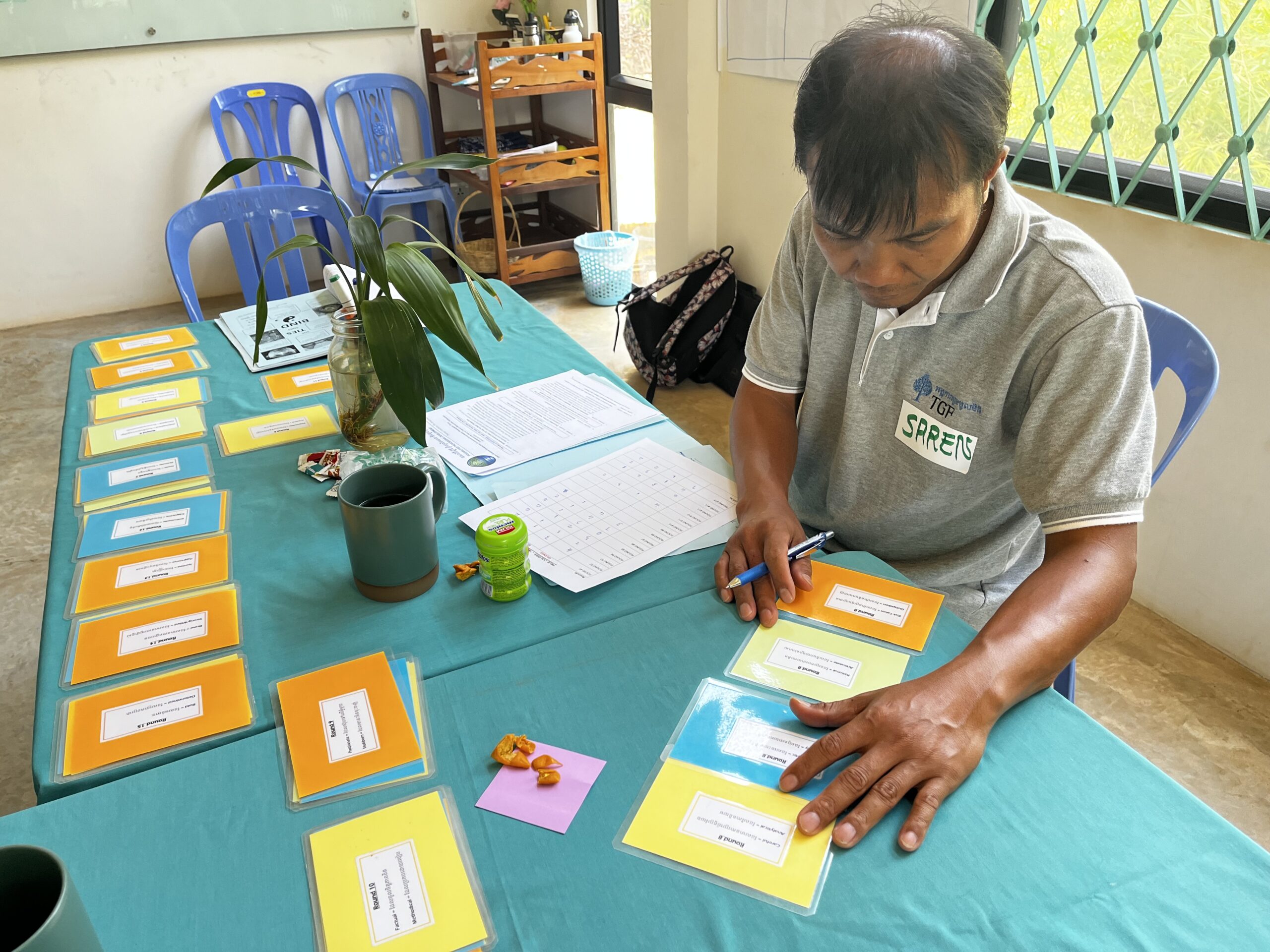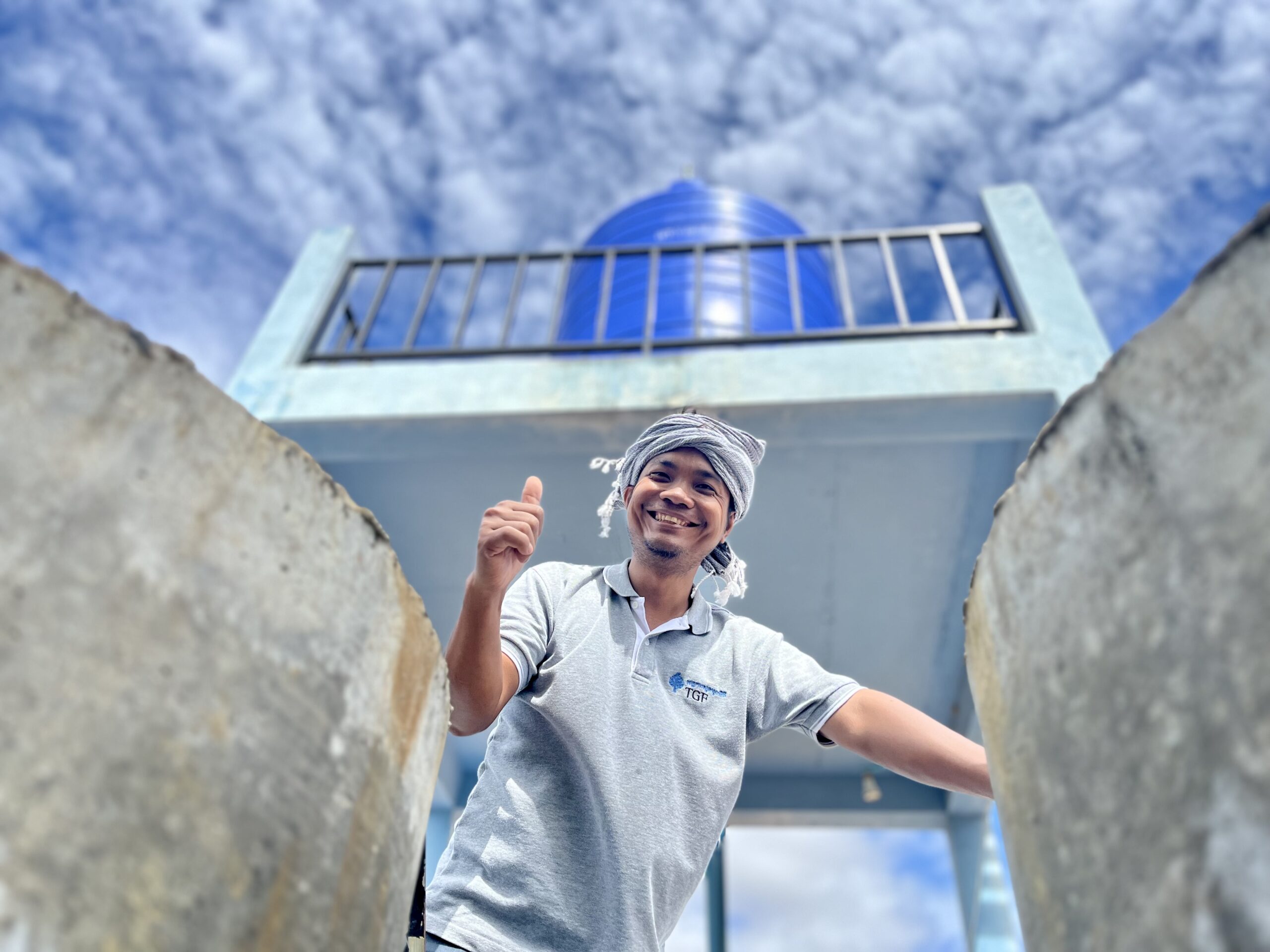In many rural parts of Cambodia, access to nutritious food is limited, which leads to malnutrition among families. It is crucial to address this issue, and TGF believes that one effective solution is the implementation of a home garden project. Such initiatives aim to empower families to grow their own vegetables and herbs, enabling them to have a sustainable source of food.
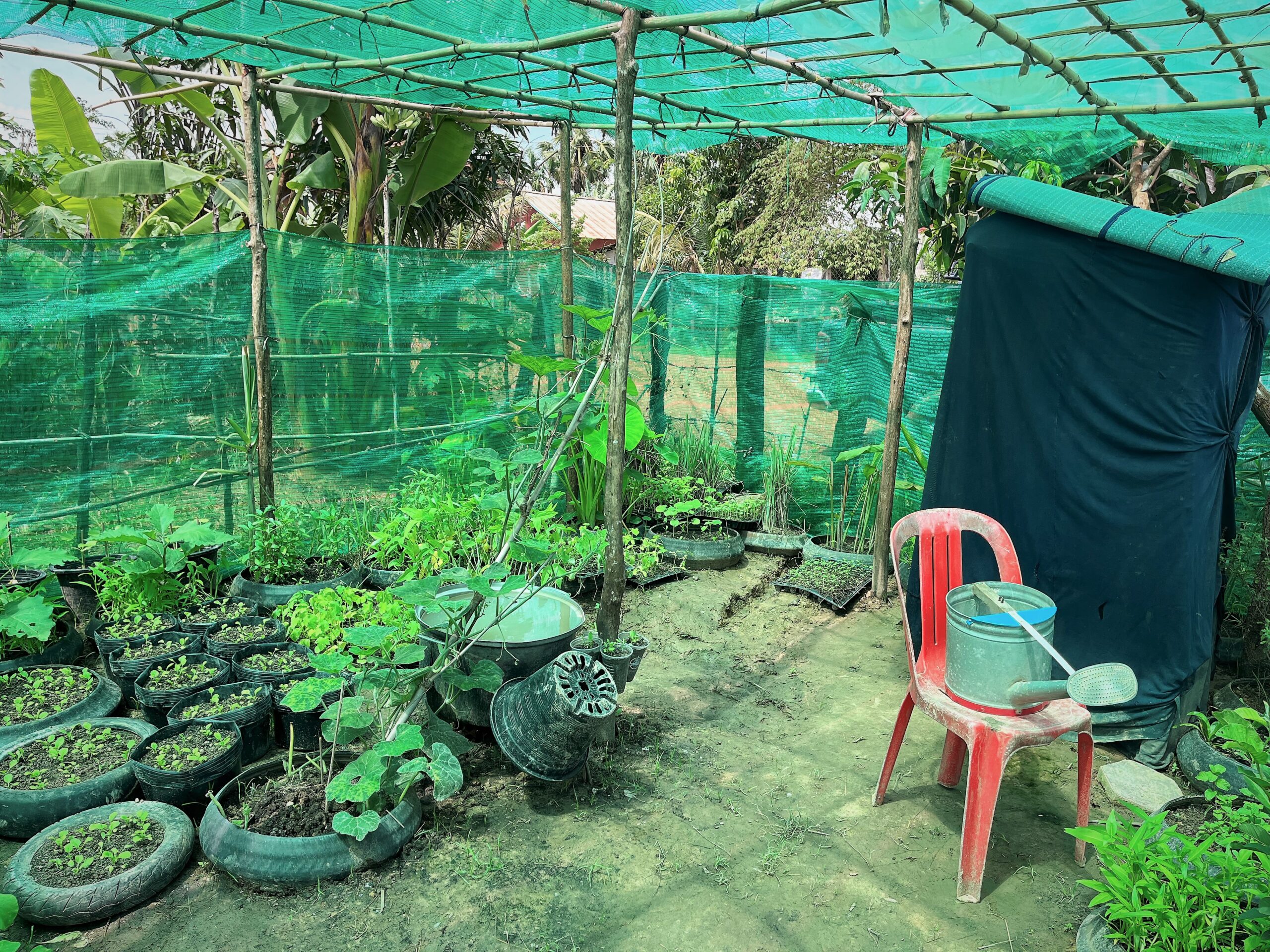
Our home garden project involves providing families with the necessary resources, such as seeds, tools, and knowledge about gardening techniques. With these resources, families are able to cultivate a variety of vegetables in their own backyard, offering them a continuous supply of fresh and nutritious produce for their family.
Our Water & Sanitation Program Team selected ten families in need to participate in our home gardening activity, which is specifically designed for families with young children who have experienced or are currently suffering from malnutrition or are at risk of it. By promoting healthier eating habits and providing a sustainable source of nourishment, we aim to create a brighter future for the next generation.
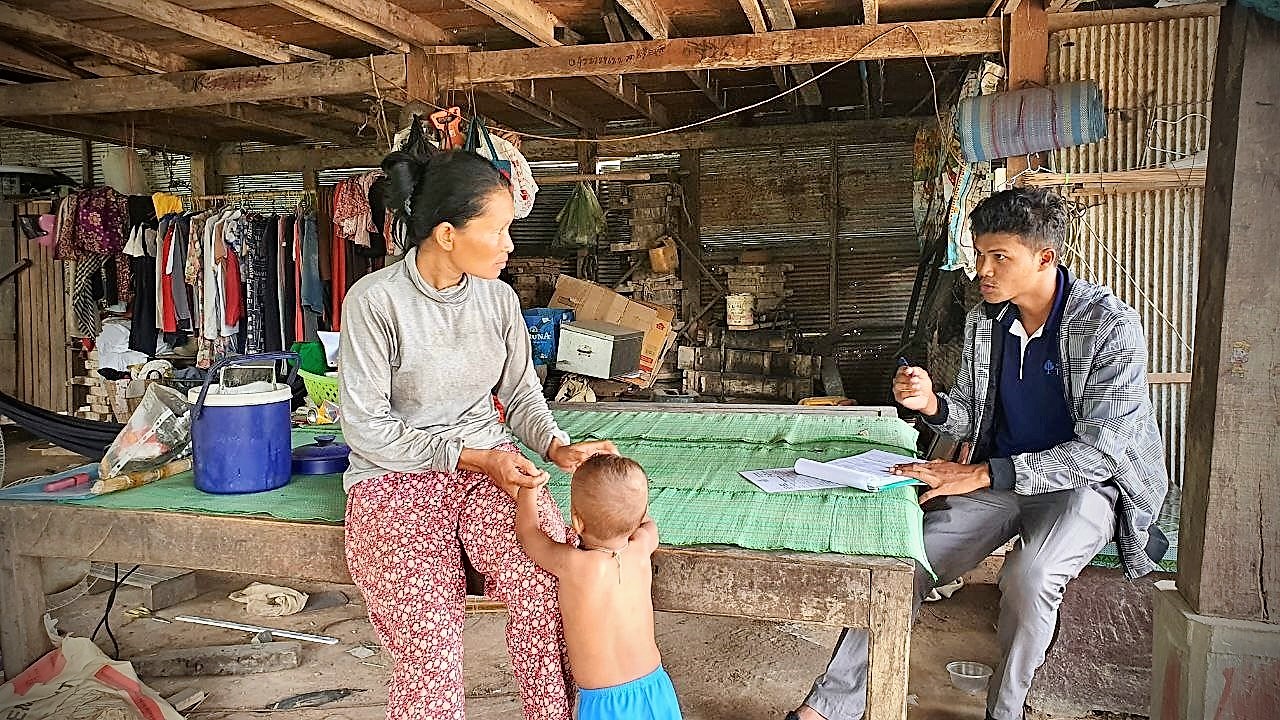
We believe that our home garden project holds significant importance for families in our target area. Firstly, it helps combat malnutrition, as homegrown vegetables are rich in essential vitamins and minerals necessary for healthy development, particularly in children. By reducing malnutrition rates, this project contributes to improving the overall well-being and health of families in our target areas.
Moreover, a home garden project provides families with a sense of empowerment and self-sufficiency. By growing their own food, they become less dependent on external sources and can ensure the availability of nutritious meals consistently. This increased food security helps alleviate the financial burden on these families, as they no longer need to purchase expensive vegetables from markets.
Additionally, home gardens promote environmental sustainability. By cultivating their own produce, families reduce their reliance on harmful pesticides and contribute to preserving the local ecosystem. This environmentally friendly approach encourages responsible agriculture practices, benefiting both the families and the surrounding environment.
Furthermore, the home garden project encourages community engagement and knowledge-sharing. As families participate in the project, they learn from one another and exchange ideas about effective gardening techniques. This collaboration fosters a sense of cooperation within the community, enhancing social cohesion.
Our team helps and supports in setting up the home garden at the selected family households. With a combination of materials we provide and resources found in their households, we have created small garden areas with protective shady covers to shield the plants from rain and prevent animals from accessing them.

Together, we have installed different-sized buckets and bags of fertile soil, emphasizing the importance of quality soil and the usage of fertilizer for optimal plant growth.
Once the setup was complete, we planted a variety of fast-growing fruit species, such as papaya, banana, and guava, by using grafts from mature trees. Additionally, we have planted a rich assortment of vegetables and herbs, including sweet potatoes, ginger, lettuce, eggplant, onion, sugar cane, long beans, cucumber, pumpkin, and even mushrooms in a separate box.
By cultivating these diverse crops, we ensure that the families have access to a wide range of nutritious ingredients in their own backyard. These homegrown foods are packed with essential vitamins, potassium, antioxidants, and dietary fiber, offering a sustainable source of nourishment for the entire family.
In the future, our team will monitor and evaluate the outcomes of this project and discuss expanding our support, reaching more families, and creating a sustainable solution to combat malnutrition, increase food security, and promote environmental sustainability in our target area.
